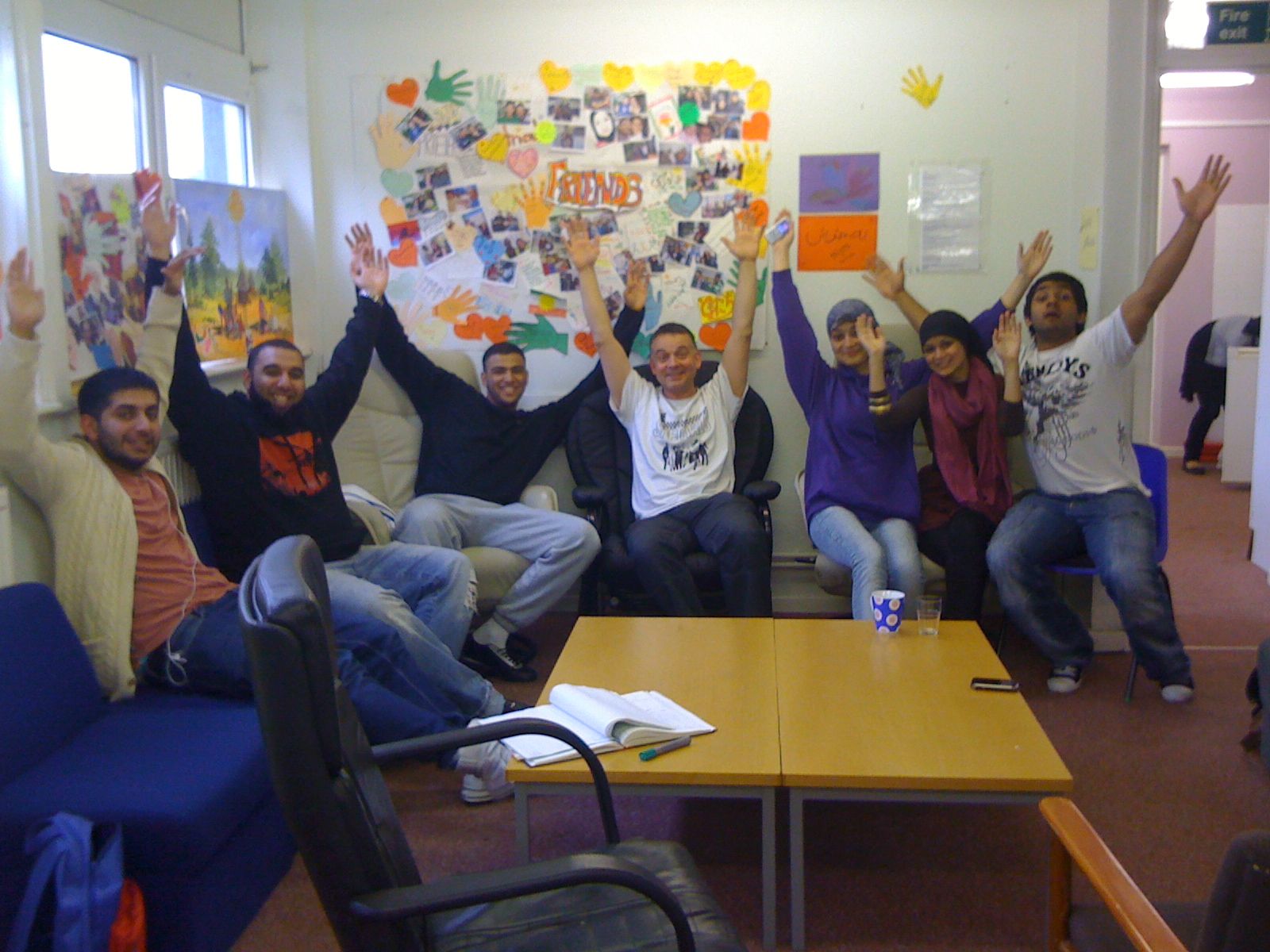I had a great discussion with some FrontlineSMS users this week as they gear up for their maiden voyage into SMS campaigning. Theirs is one of the larger UK charities, with a solid campaigning operation and a history of groundbreaking approaches - one of the first to run their own research project to spark real social change, back in the 1960s. But for one reason or another, they had never tried campaigning using SMS. Perhaps they went straight from snail mail to email? Perhaps the 160 character limit put them off? Either way, they are now taking their first steps towards integrating it into their campaigning approach - not as a standalone gimmick, but as another tool in the toolbox. We talk a lot on this blog about the potential of FrontlineSMS, and SMS more generally, to reach people in remote areas in the developing world, underserved by their governments. But I think it's worth remembering about the islands of vulnerability and isolation that can exist in the developed world too. At the end of 2008 there were 76.8 million active mobile subscriptions in the UK, or 1.26 for every inhabitant. But 10 million people in the UK (one sixth of the population) have never used the internet, and 4 million of them are among the least advantaged members of society (Independent). The UK now has a 'Digital Inclusion Champion', Martha Lane Fox, the founder of Lastminute.com, who is tasked with helping those 4 million people to get online by the time the 2010 London Olympics rolls around. For organisations working with some of this group, mobile could be a valuable communication and interaction tool.

The Foleshillfields Vision Project in Coventry, West Midlands, UK, uses FrontlineSMS to keep in touch with their volunteers and community group members, informing them about timings and activities. For the people they work with, as for many of us, phones and texting are an intimate part of daily life - it's how they arrange to meet their friends, find out what's going on, arrange playdates for their children. It's entirely natural that their community organisation is there too. The Project was already using SMS, and FrontlineSMS has made keeping in touch easier and faster for the team. You'll hear more about them in a future guest blog post.
So what should you think about when considering using SMS in your work in a developed country? In my meeting the other day, we discussed a few things to run through when shaping your FrontlineSMS intervention:
- Who is your audience? How well do you understand how the group you work with use mobile, and SMS in particular? Young mums, teenagers, and people with learning disabilities are all groups I've heard about recently as enthusiastic 'texters' and great candidates for SMS communications - but could you say the same for most older people?
- How can your SMS communication with them have a real impact? Can it form part of a wider campaign with an established 'ask' such as signing a petition, which could be easily done with a keyword reply to a broadcast SMS from you?
- Who can you reach with SMS that you can't reach through other means, and what would you most like to get from an interaction with those people?
- Whatever you want to achieve, it's important to think through whether it will work well with SMS. For example, it's hard to disseminate large volumes of information in a text; similarly referring people to a website using SMS won't work well unless they have a smart-phone with a good data service. But SMS is great for reminders (that your radio programme is coming on, or that they have an appointment), passing on helpline phone numbers, or doing a straw poll - 'have you experienced bullying at school today?'
What other issues should we think through? We'd love to hear from you, and we might be able to pull your advice together into a Get-Started Guide for this kind of work - so do get in touch!
I guess my main plug is this: Don't make SMS just an add-on to your communications. This is a powerful tool that can reach the parts other media can't - how could you use it to start new conversations in your community?

